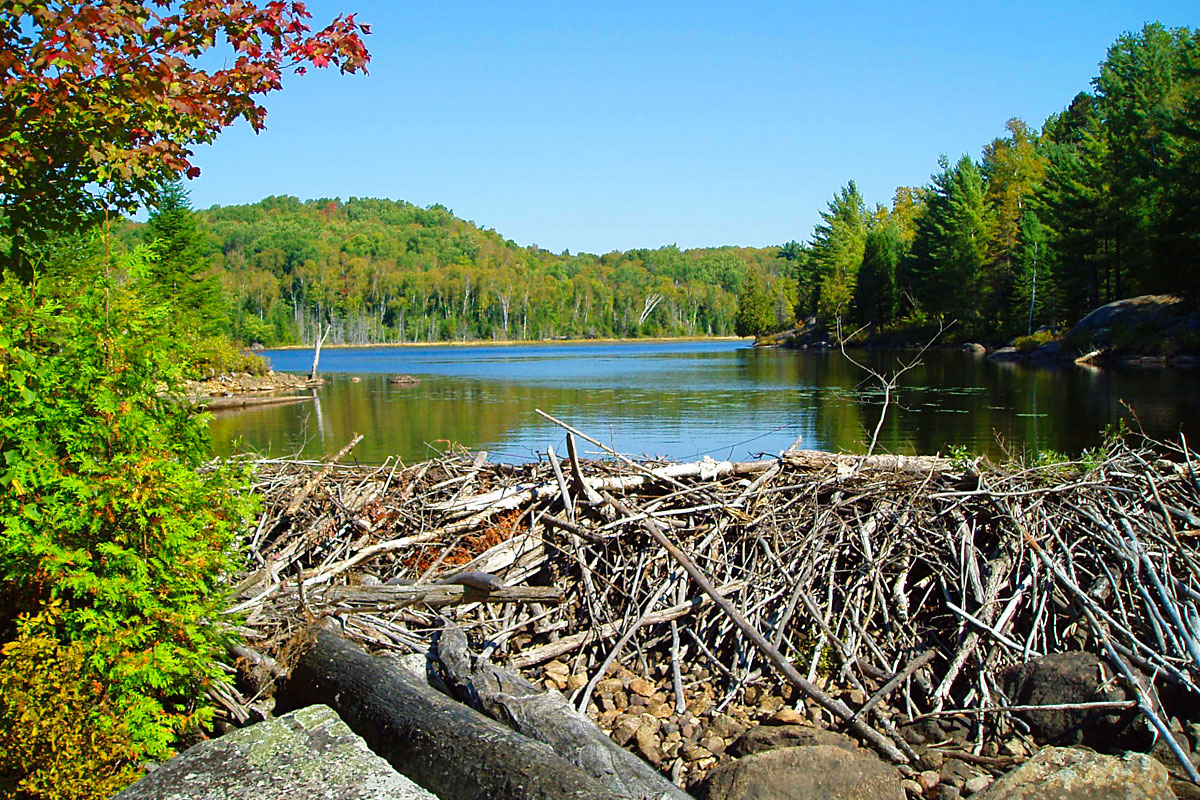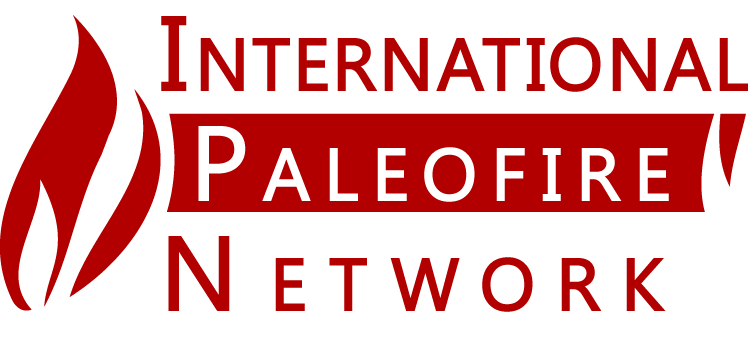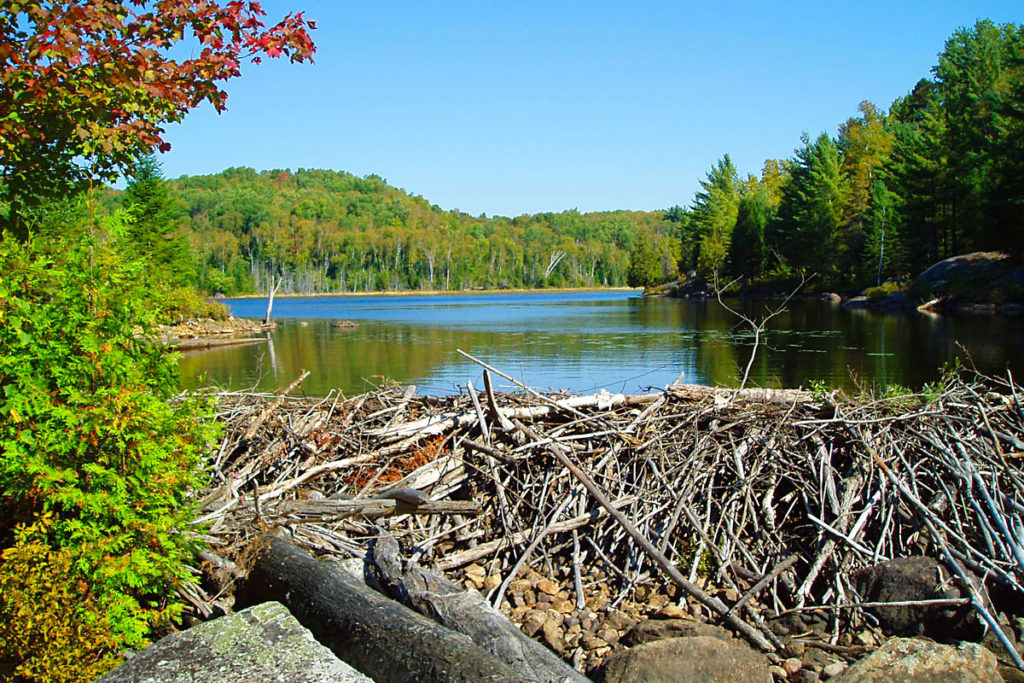Montreal, October 10-14, 2017, GPWG2 Workshop
Coordinators: Olivier Blarquez, Pierre Grondin and the GPWG2
Dear Colleagues,
We are pleased to announce an open call for letters of interest to participate in a workshop on “Paleofire knowledge for current and future ecosystem management”, for which a limited number of places are available. Early career scientists, managers and researchers from developing countries who integrate paleofire data with ecosystem management approaches are especially encouraged to apply.
The workshop will be held October 10-14, 2017, near Montreal (Quebec, Canada) at the UdeM field station, Station Biologique des Laurentides http://www.sbl.umontreal.ca and is the third workshop of the PAGES’s Global Paleofire Working Group phase 2 (GPWG2) http://ipn.paleofire.org which aims to promote new uses of global paleofire records for current and future ecosystem management.
Overview
In a rapidly changing world, landscape managers from across the planet are being challenged to re-integrate natural disturbance processes that have shaped ecosystems for millennia. In fire science, there are diverse and rich sources of historical information, from historical archives to fire-scarred trees, to charcoal in sediments. The legacy of human societies on current fire regimes span from hundred years up to millennia, such that informed fire management plans for the future should not be only based on historic and modeled fire-climate-vegetation relationships, but also on knowledge from paleofire research. This workshop will explore the lessons from the paleofire record to support current and future ecosystem management.
Fire is projected to increase in many places due to global warming and regional drying resulting from rising atmospheric greenhouse gases. Large uncertainties in future projections remain, however, especially because of complicating human activities. In certain regions, fire suppression can overcome the net effect of increased fire risk due to global warming, while in other regions increasing ignitions can reinforce climate trends underway, potentially pushing ecosystems towards into novel ecological conditions. Learning from the paleo record is thus crucial now in order to adapt practices for climate change and its consequences
The workshop will foster interdisciplinary collaborations between paleofire experts and stakeholders, including governmental agencies and associations, to assess long-term fire history for future fire and ecosystem management. A crosscutting approach to development and knowledge transfer between researchers and managers/stakeholders from different regions will be employed to support the application of lessons from fire history to management.
Key objectives
1) Identify a common vocabulary between paleofire experts, practitioners and stakeholders. This objective will include the definition of fire regime variables that are useful to define management policies and can be reconstructed from long-term archives (fire risk, biomass burning, fire frequency, burned area, fire severity, etc.).
2) Develop a framework for knowledge transfer from paleofire research to management. This framework will help to use data from long-term fire reconstructions for defining management targets aiming at conservation of diversity and restoration of ecosystems.
3) Evaluate the benefits of management policies based on long-term fire histories and associated processes for improving ecosystem adaptability to climate change and to changes in human practices, and for attaining sustainable development targets.
4) The edition of a ‘white book’ on the use of paleofire knowledge for current and future ecosystem management. Different chapters will focus on different parts of the world that are subjected to societal and natural specificities, and that present different challenges related to fire in a global change context.
To apply: Email blarquez@gmail.com with your name, position, affiliation and a short paragraph (15 lines) explaining why you would like to attend the workshop, what you hope to contribute to the efforts, and what you are most interested in studying. Please note whether you will need funding support to attend the workshop. Deadline for applications is April 15, 2017.
Schedule:
Tue., Oct 10 / day 1: arrivals & dinner
Wed., Oct 11 / day 2: overview & introductions, sub-groups formed
Thu., Oct 12 / day 3: working group sessions, report-outs
Fri., Oct 13 / day 4: working group sessions, plenary discussion, future plans
Sat., Oct 14 / day 5: departure
Confirmed key speakers: Sylvie Gauthier Canadian Forest Service – Fire disturbances and ecosystem management in a climate change context. Daniele Colombaroli, (Switzerland) – Conservation of alpine grasslands: a paleoecological perspective. Julie Aleman, Yale (USA) – The modern global charcoal database: a tool for fire regime reconstruction and knowledge transfer facilitation. Olivier Blarquez, UdeM (Canada) – Paleoecology and fire in the boreal forests. Pierre Grondin, MRN (Canada) – Ecological classification and land use management.
Two invited early-careers speakers to be selected.
Limited financial support from PAGES is available to supplement participant travel – particularly for Early Career scientists and researchers from less developed countries. For questions please contact Olivier Blarquez (blarquez@gmail.com)



